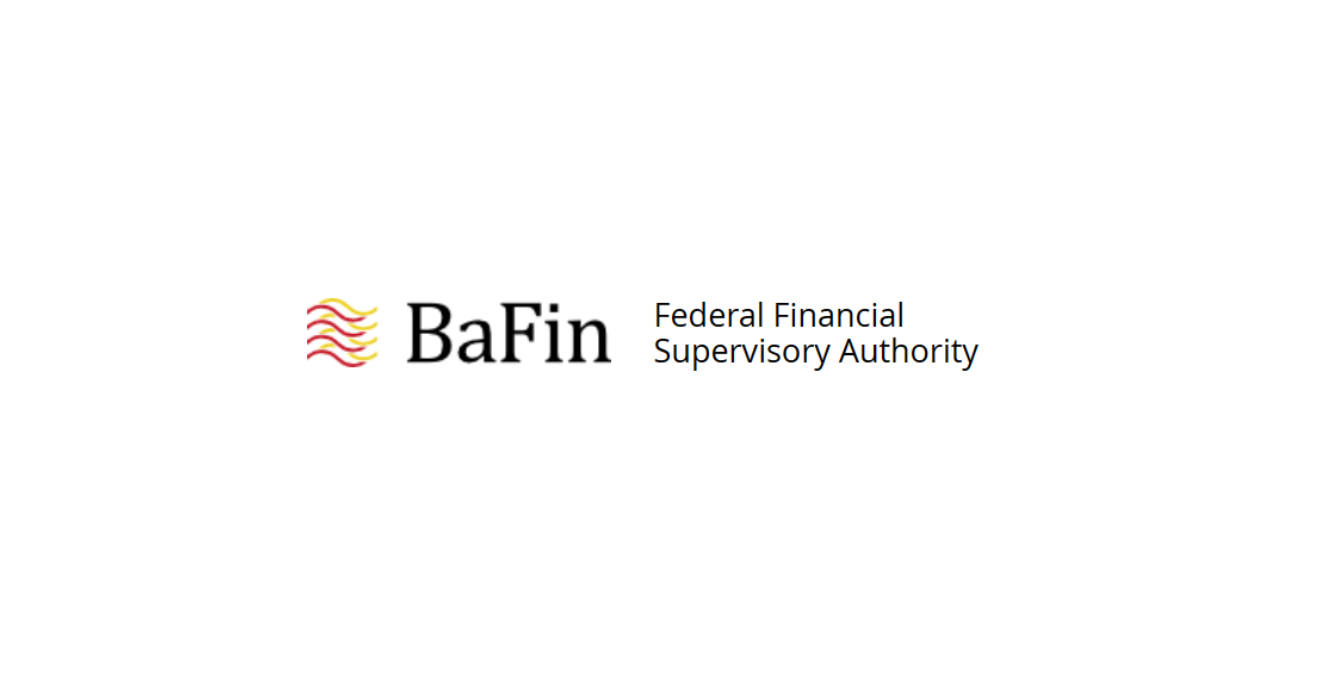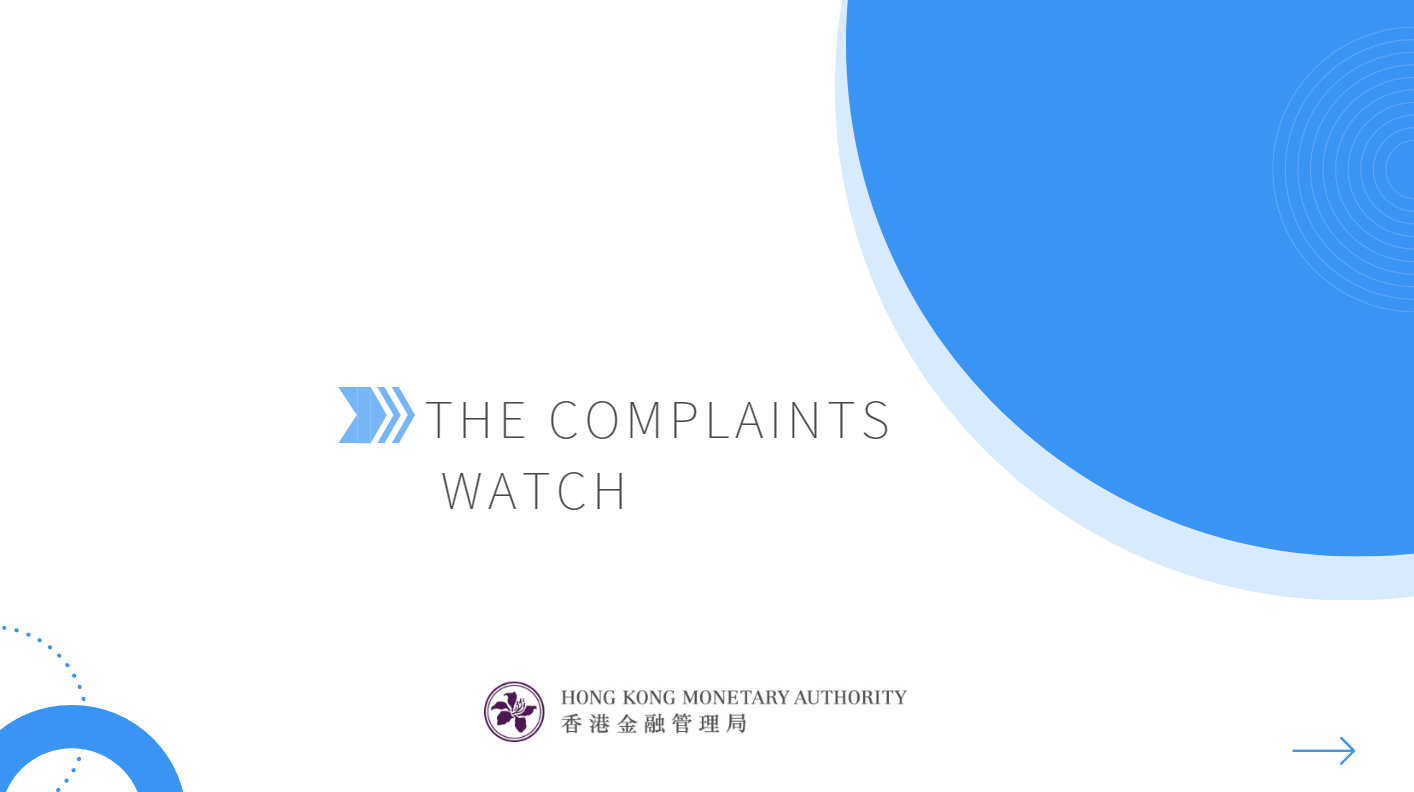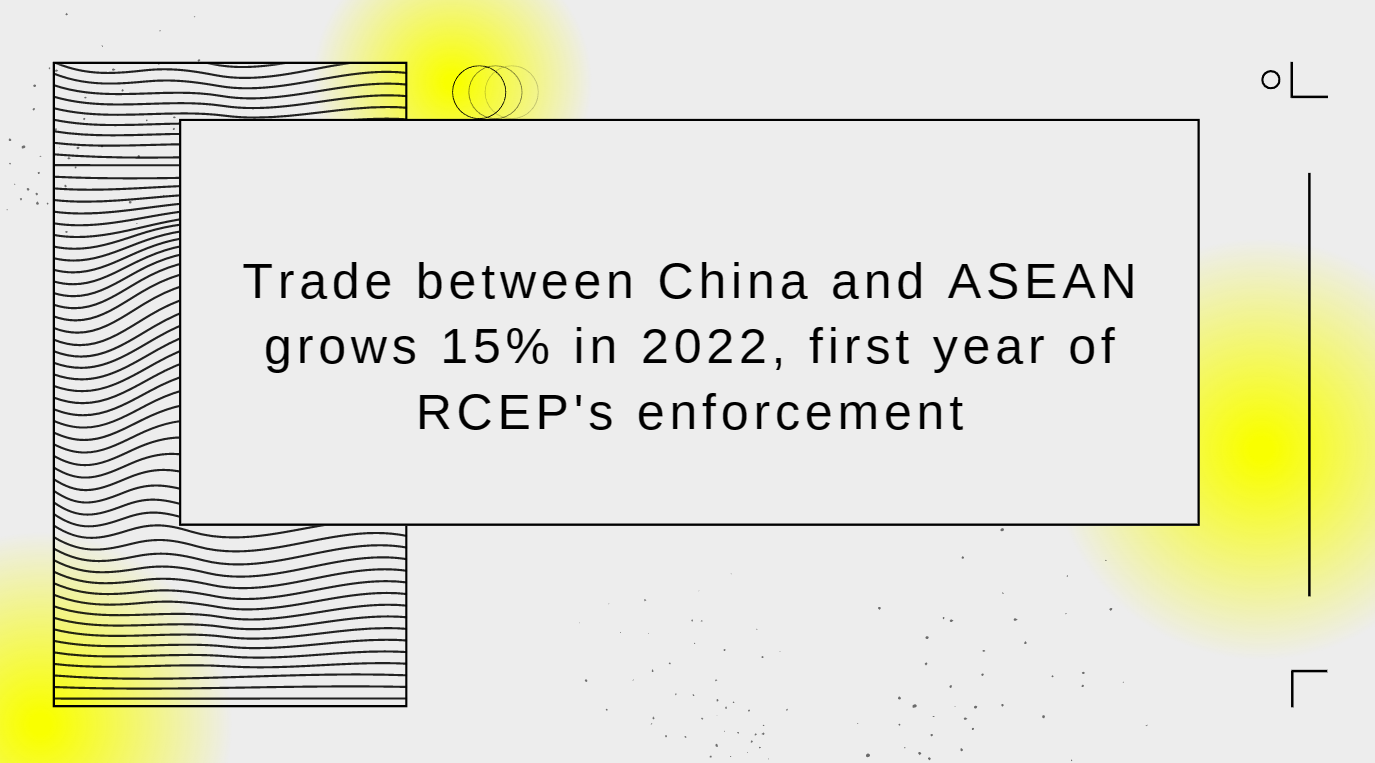SSE Releases a Notice to Further Enhance Delisting Risk Disclosure
On the evening of January 13, 2023, under the guidance of China Securities Regulatory Commission (CSRC), the Shanghai Stock Exchange (SSE) released a Notice on Enhancing Information Disclosure of 2022 Annual Reports of Companies at Risk of Delisting (hereinafter referred to as the Notice) and revised format guidelines of relevant announcements. It required listed companies that have been subject to financial delisting risk alerts (hereinafter referred to as companies at risk of delisting) to increase the risk alert frequency and make the information disclosed more targeted before their annual reports disclosure, including releasing focal alerts for different situations and disclosing annual report preparation and audit progress as required. The Notice aims to promote listed companies and their accounting firms to perform their duties, prudently assess and fully reveal delisting risks and identify market expectations as early as possible. It also aims to demonstrate the SSE's determination to further strictly implement the delisting system to protect investors' interests. The main contents of the Notice are as follows.
I. The disclosure frequency of delisting risks shall be increased moderately. The delisting of listed companies can cause significant and extensive influence, greatly affecting investors. However, under current rules, individual companies' risk alerts failed to effectively indicate the existing delisting risks because of their low disclosure frequency, unspecific and not-updated content. In response, the SSE, in accordance with Article 9.1.7 of the Shanghai Stock Exchange Listing Rules, required an increase in the disclosure frequency of financial delisting risk alerts, requiring companies at risk of delisting to disclose a risk alert announcement every 10 trading days after the disclosure of the first risk alert announcement till the disclosure of the annual report to warn investors the existence of delisting risks.
II. Attention shall be paid to seven types of risks to enhance the relevance of risk disclosure. Companies at risk of delisting are in complex situations. In order to strengthen the effect of risk disclosure and facilitate investors' understanding, the Notice specified for the first time that companies at risk of delisting shall release focal alerts if they were involved in seven types of higher delisting risks. Such as related indicators of performance forecasts reaching the delisting standard, no accounting firms being appointed, major differences existing between judgments of the accounting firm and the company on whether the company reached the delisting standard, matters affecting the delisting of the company not being verified and disclosed, and significant changes existing between estimated delisting risks and previous disclosures. To facilitate the accurate reveal of listed companies' risks, the SSE has simultaneously revised the format of risk alert announcements on delisting on the Main Board and the STAR Market. It required companies at risk of delisting to analyze the possible delisting and explain the reasons in detail according to the actual situation to enhance the readability and effectiveness of the risk alerts.
III. The disclosure of risks and annual report preparation progress shall be strengthened. The progress in annual report preparation and the type of audit opinions of the companies at risk of delisting directly affect whether the delisting indicator was reached. In order to prevent "sudden delisting", the Notice specified that companies at risk of delisting should disclose their progress in annual report preparation and latest audit 20 trading days and 10 trading days before the scheduled disclosure date of the annual report respectively, stating whether there is any major disagreement with the accounting firm on matters such as significant accounting treatment, key audit matters, audit opinion types, and audit report issuance schedule. If there are major disagreements between the companies and the accounting firms on the aforementioned matters, accounting firms may report to the SSE and issue a special explanation to explain the specific disagreement and the latest audit progress.
IV. Companies at risk of delisting shall focus on four major types of matters. The recognition and deduction of operating revenue, non-recurring profit and loss recognition, audit opinion types, and accounting treatment of shell transactions or capital operations are the key areas and important links involving delisting. The Notice required companies at risk of delisting to focus on the verification of above four types of matters. First, the companies should disclose operating revenue deduction in line with the rules on the basis of authentic and accurate revenue recognition; second, with reference to the actual situation and business relevance, the companies should recognize non-recurring profit and loss items accurately in line with the rules; third, the companies should pay close attention to the progress of matters related to previous non-standard audit opinions in the current period, and shall not avoid delisting by abruptly changing accounting firms at the end of the year to "purchase" audit opinions; fourth, the companies should prudently handle shell transactions and capital operations and conduct accounting treatment in accordance with regulations, they shall not avoid delisting by inflated revenues or illegally recognizing income.
V. The "key minority" and intermediary institutions shall be urged to fulfill their responsibilities. Whether directors, supervisors and senior management members of companies at risk of delisting could perform their duties diligently and whether the accounting firms could exercise prudence and independent judgment will directly affect the quality of information disclosed in the annual reports of listed companies and the effect of delisting risk disclosure. The Notice detailed the due diligence requirements of relevant responsible parties, specifying that directors, supervisors and senior management members of companies at risk of delisting should attach great importance to the preparation and disclosure of annual reports, obtain sufficient and comprehensive information for decision-making, and make reasonable use of the right to dissent. The audit committees should strengthen communication with the accounting firms and conduct continuous supervision and review of their audit work. Accounting firms should take into account the characteristics of companies at risk of delisting, strengthen the quality control of audit practice, and issue special verification opinions on matters such as operating revenue deduction and non-recurring profit and loss in line with the rules. In addition, they should properly judge the impact of non-standard matters in the previous period on the financial statements for the current period and express opinions prudently.
Notice on Enhancing Information Disclosure of 2022 Annual Reports of Companies at Risk of Delisting






















































First, please LoginComment After ~